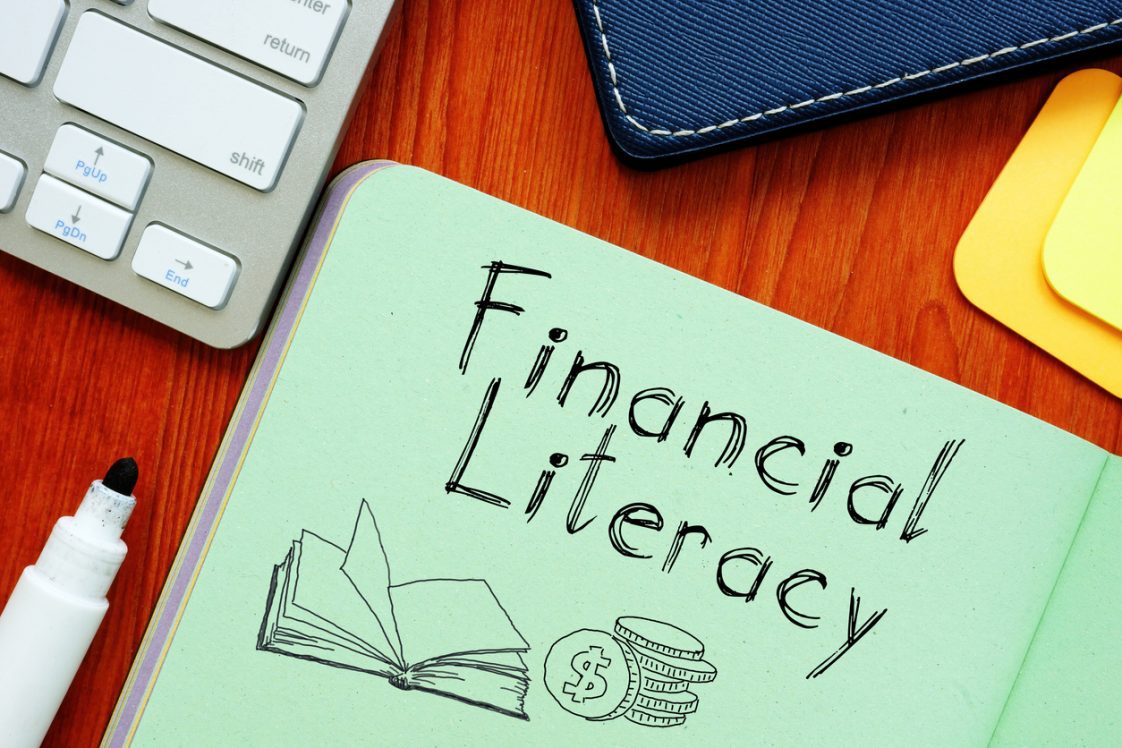Finance & Career

Many individuals and families in Alabama are not financially literate, may live in poverty, and struggle to maintain their households. Every day people experience limited spending options due to higher living costs, debt, and decreased buying power. These financial problems not only affect their physical, mental, and emotional health but their work productivity as well.
What is financial literacy?
One of the realities of financial insecurity and poverty is the lack of financial literacy. Financial literacy is having a basic understanding of finance and the skills needed to make financial decisions that promote economic well-being. The lack of knowledge about personal finance–known as being financially illiterate–is a major factor that keeps individuals, families, and communities in poverty.
According to Forbes finance writer, Edward Seidel, approximately 66 percent of Americans are financially illiterate, and 78 percent live paycheck to paycheck. Similarly, the lack of financial literacy contributes to the following facts:
- Alabama experienced a 3.6 percent increase in average consumer debt between 2020 and 2021.
- As of March 2022, Alabama had the highest personal bankruptcy filing rate in the United States.
- Alabama borrowers, each year, pay over $100 million in payday loan fees that do not decrease the principal owed.
- Alabama’s annual percentage rate for its typical 14-day payday loan is an annual percentage rate of 456 percent.
- Of the 200,000 Alabamians who take out payday loans yearly, 85 percent take out multiple payday loans.
Benefits of Financial Literacy
Being financially literate can help you to accomplish the following:
- Handle day-to-day financial decisions
- Avoid being overburdened or stressed with financial choices or money issues
- Avoid investment scams
- Avoid excessive debt
- Avoid negative financial consequences such as foreclosure, bankruptcy, poor credit, debt traps, etc.
- Deal with life emergencies
- Reach your financial goals
- Build wealth
- Plan for and reach your retirement goals
In summary, you aren’t too young or too old to start becoming financially literate. Don’t wait until you experience financial difficulties or problems to learn about financial matters. Start learning facts, concepts, principles, and technological tools to help you become smarter and more confident about money and money decisions. Knowing how to plan your spending, borrowing, and investing helps to improve your financial situation. Enhanced financial literacy is the key to making ends meet and overcoming the stress and anxiety of not knowing what to do regarding complex financial decisions.
References
- Alabama Arise & Alabama Appleseed Center for Law & Justice. 2019. “Broke: How Payday Lenders Crush Alabama Communities.” https://www.alarise.org/resources/broke-how-payday-lenders-crush-alabama-communities/
- Caporal, J. & Albright, D. 2022. “Average American household debt in 2022: Facts and figures.” The Ascent: A Motley Fool Service. https://www.fool.com/the-ascent/research/average-american-household-debt/.
- Siedle, E. 2021. “State treasurers promote financial literacy but fail to warn about widespread industry scamming.” Forbes. https://www.forbes.com/sites/edwardsiedle/2021/08/09/state-treasurers-promote-financial-literacy-but-fail-to-warn-about-widespread-industry-scamming/?sh=293457673cbb
- Wakeley, D. 2022. “Payday lending harms families and communities across Alabama.” Alabama Arise. https://www.alarise.org/resources/payday-lending-harms-families-and-communities-across-alabama/

